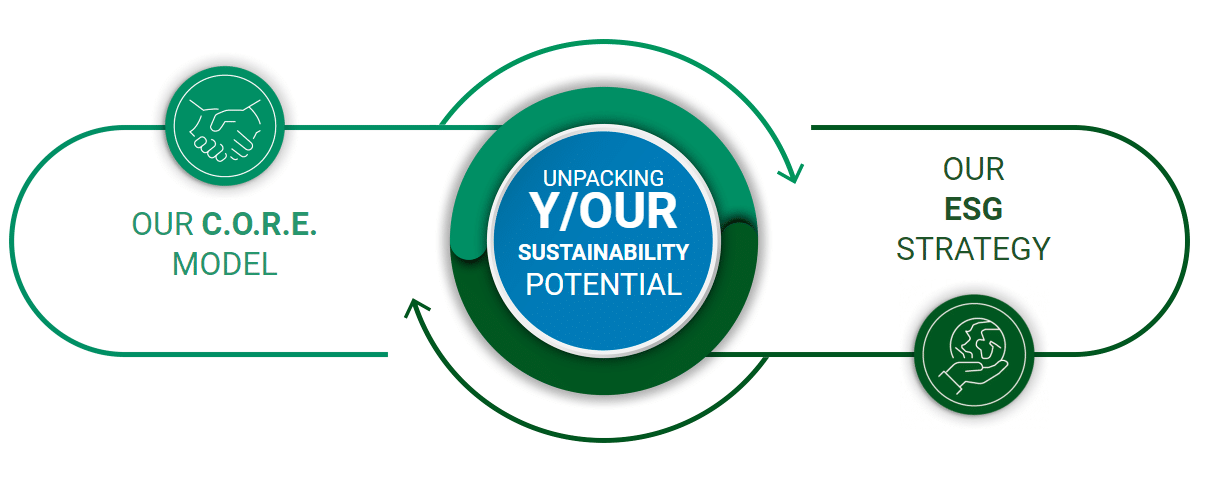
OUR SUSTAINABILITY VISION
As Hybrid player in the packaging industry, we play a strategic role through the value chain, working together with our customers and suppliers to foster the culture of sustainability.
We are material and supplier-agnostic and we enjoy the best “trusted” position to provide our customers with substantiated sustainability claims.
OUR SUSTAINABILITY PURPOSE
We believe the perfect package is about more than just protecting and preserving the product inside. It’s about differentiating from the competition, standing out on the shelf and online, creating an effective and memorable user experience, and equally as important, protecting and preserving the environment for generations to come.
FROM OUR SUSTAINABILITY VICE-PRESIDENT
UNPACKING Y/OUR SUSTAINABILITY POTENTIAL
This represents Berlin Packaging’s sustainability framework. At Berlin Packaging, we are dedicated to increasing sustainability — not only by improving the performance of our Company, but also by helping our customers reach crucial sustainability milestones.

We work to reduce our impact on the environment and promote a sustainability culture with our People, suppliers and local communities
OUR SUSTAINABILITY PILLARS
Within our framework, we have defined a dedicated Global ESG Strategy, based on the following six pillars:
Business Ethics
We demand integrity and fairness of ourselves and from our business partners.
Quality & Customer orientation
We work every day to unlock our customers’ full potential, offering tailor-made and high quality solutions.
Supply Chain Management
We want to team up with our suppliers to generate and enhance shared value along the entire supply chain.
Innovation & Circularity
In addition to offering world-class innovation consultation to our customers we encourage creative thinking into every function.
People
We empower our people and foster a working environment that encourages engagement and collaboration at all levels of our organization.
Health, Safety & Environment
We will play our part in mitigating climate change by partnering with suppliers and customers to reduce emissions throughout our value chain.



